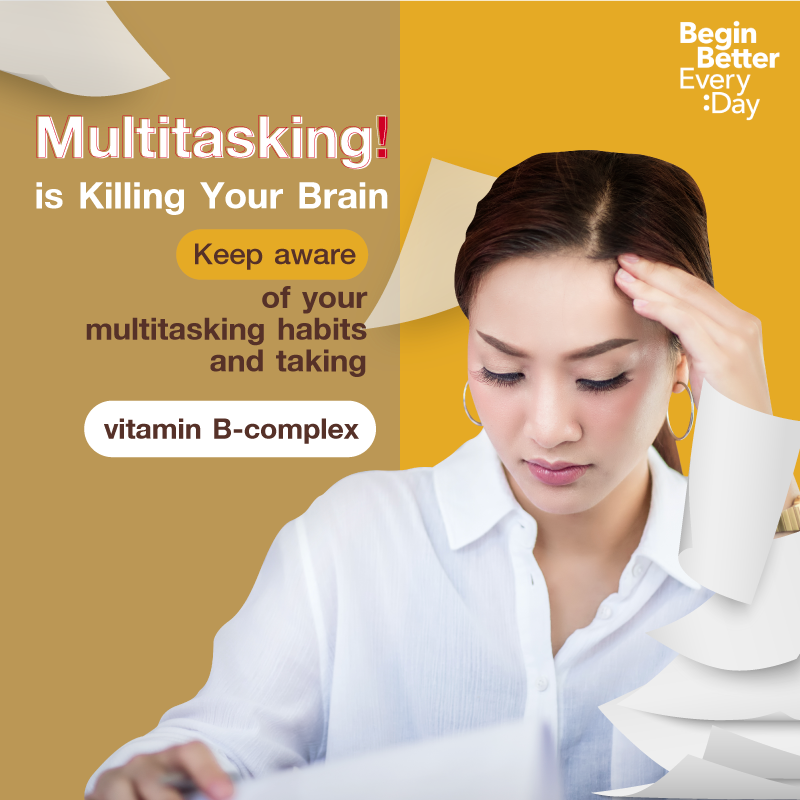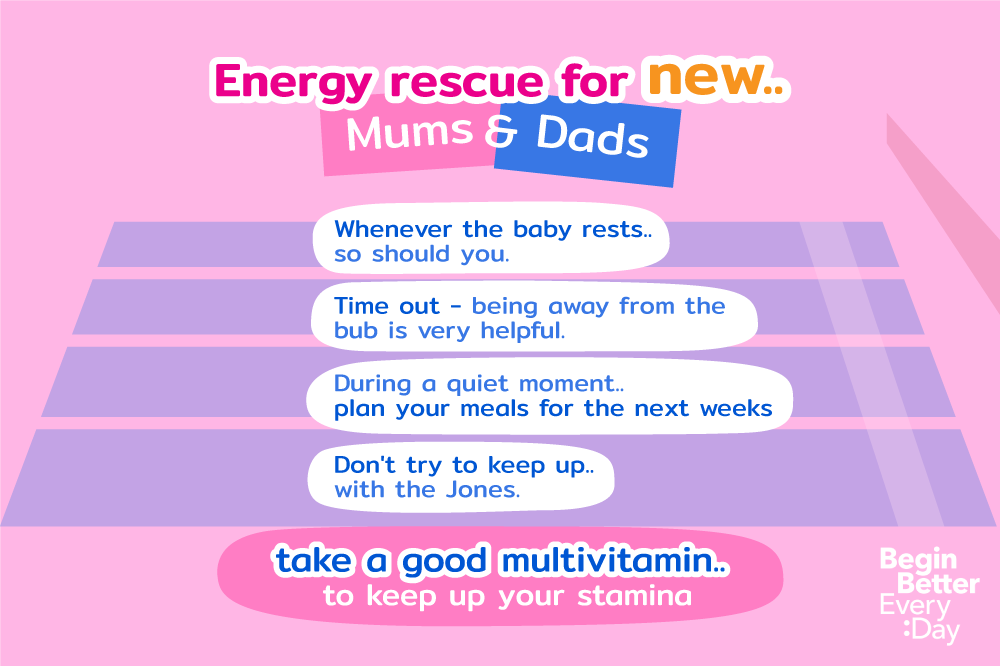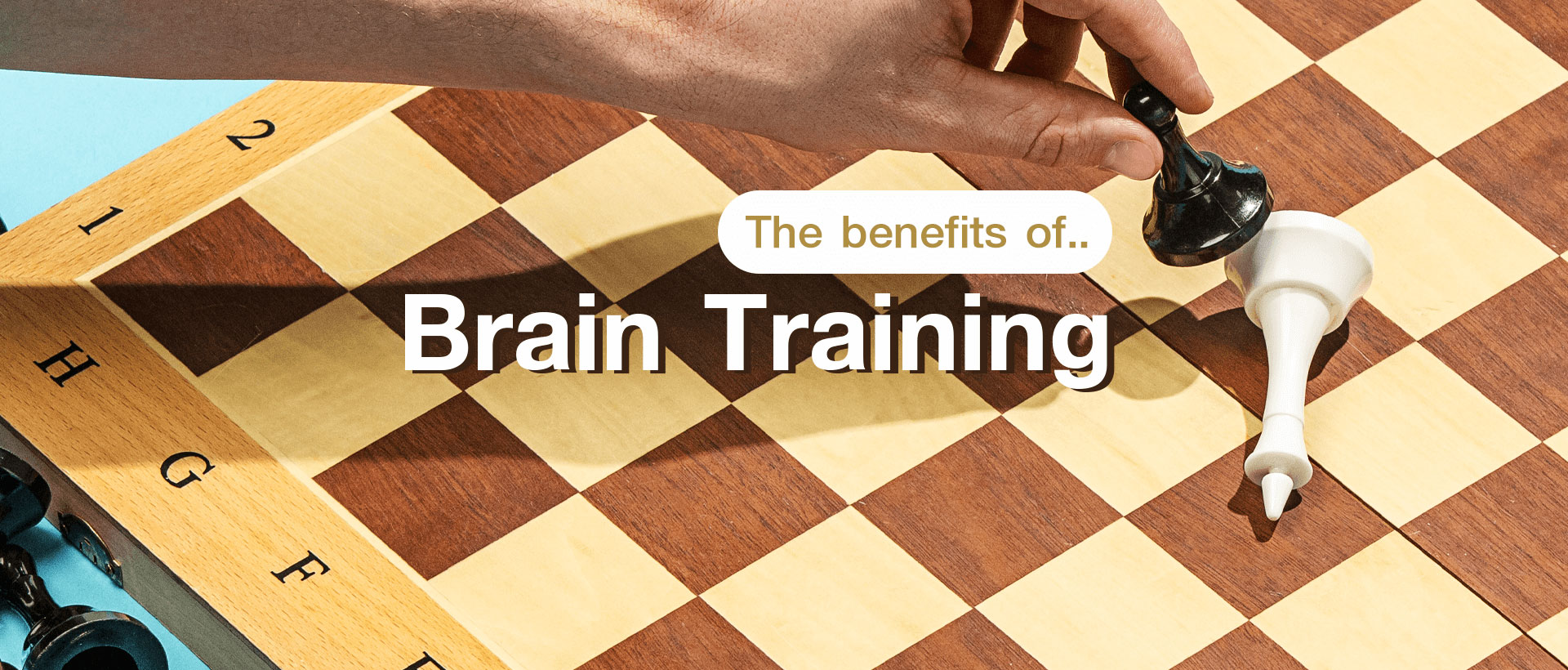Our brains are changing to adapt to the new world order of jumping from one mental task to another; kids are even growing up wired for it. For older people, brain training could help them catch – and keep – up.
How the internet may be changing our brains
Given it’s the norm for children to grow up bombarded with media and information from all directions, in unsurprising research has shown children’s brains have adapted and developed to task switch with less ‘cost’ than the typical adult. This cost refers to the toll switching between tasks takes on productivity.
Put another way, have you ever checked your emails while talking on your phone and suddenly noticed you haven’t heard parts of the conversation you thought you were listening to? Or started researching something on the internet only to be sidelined by pop ups, ads or links that remind you of other tasks you have to do, only to find it’s been half an hour and you’ve achieved neither well, for example.
Psychologists who study what happens to cognition (mental processes) when people try to perform more than one task at a time have found that the mind and brain were not designed for heavy-duty multitasking.
They note psychologists tend to liken the job to “choreography or air-traffic control…in these operations, as in others, mental overload can result in catastrophe.”
Multitasking has also been found to increase the production of the stress hormone cortisol as well as the fight-or-flight hormone adrenaline, which can overstimulate your brain and cause mental fog or rel=""noopener noreferrer"" scrambled thinking, says neuroscientist Dr Daniel Levitin.
The reality of modern life demands multi-tasking
Technology tends to ‘force’ us to multitask. We now carry a tiny device that allows people to contact us wherever we may be, whereas in the past, once you left home or the office, it was considered acceptable you were unreachable.
This same little device also houses engaging games, social media, books, and is the control centre for a host of other tasks we now DIY (remember when booking holidays used to be the domain of a travel agent, and banking was done in a branch?)
When it’s not the ‘important stuff’ getting us into multi-tasking mode, it’s the fun and easily accessible distraction.
Dr Levitin explains tech based multi-tasking creates a dopamine-addiction feedback loop, effectively rewarding the brain for losing focus and for constantly searching for external stimulation. To compound the problem, he says the prefrontal cortex has a novelty bias – it’s essentially an excitable child or puppy delighted by new and shiny things.
So, when we check our phones and get a hit – a new message, text or email, we get a burst of endogenous opioids, which really kicks us further off task.
The good news is, brain training can help
Given modern life means multi-tasking is largely here to stay, it’s practical to find ways to decrease the costs of doing so – even the most careful tech user will be affected from time to time.
To this end, researchers recently under took a large-scale analysis of task switching practice effects across the lifespan, and looked at whether older people could train their brain to reduce the ‘cost’ of multi-tasking to match that of their younger cohorts. What they found was encouraging.
Using a large dataset from popular online cognitive-training platform Lumosity, they found “with extensive task practice, older people can become functionally similar to less-practiced younger people.”
Interestingly, while long-term practice improves performance across all age groups, it has a greater effect on older adults, and can even help older individuals become functionally similar to less-practiced younger individuals, especially on how quickly they can refocus on each task when switching back and forth.
The research studied task switching in three distinct samples of users who trained on Lumosity - a large adult-lifespan sample who trained for up to 60 sessions each; a sample of the most active users who trained for thousands of sessions; and a sample of older adults with at least 1,000 sessions.
Brain training may help build ‘cognitive youth
Part of this study zoned in on how people of different ages where impacted by their practice – or number of sessions on the game. In many cases, older individuals outperformed younger individuals who had received the same or less training.
The amount of training required for this to occur increased with the difference between the age groups being compared. The amount of additional training that older people need to reach performance equivalent to younger age groups diminished with smaller age differences.
Overall, while the findings show task switching can be substantially improved by practice across all age ranges, cognitive-training studies have shown “task-specific performance - extensive, self-motive ated task-switching practice can partially mitigate aging effects on task-switching processes.”
In short, if you want to support your brain to keep up with your 21st century way of working as you age, brain training games like Lumosity could be just the ticket.




















































